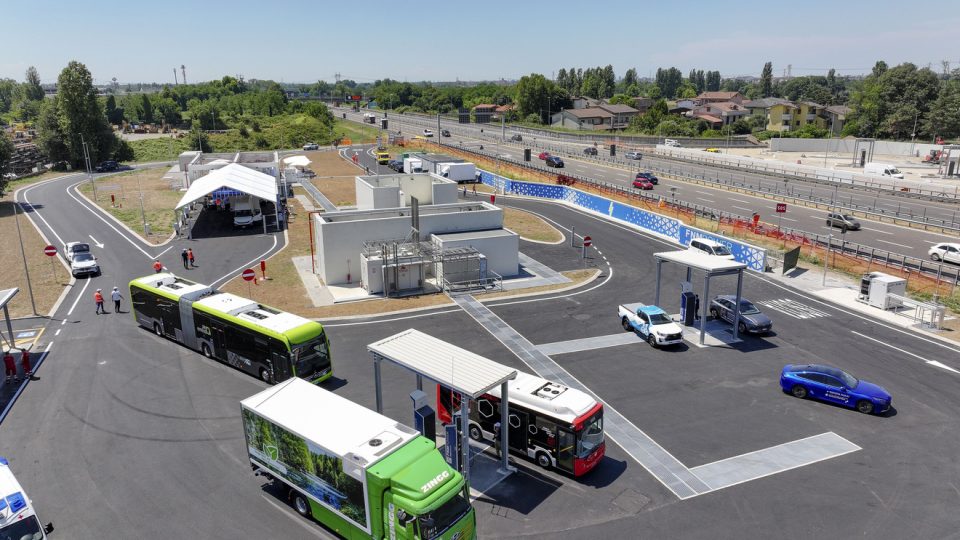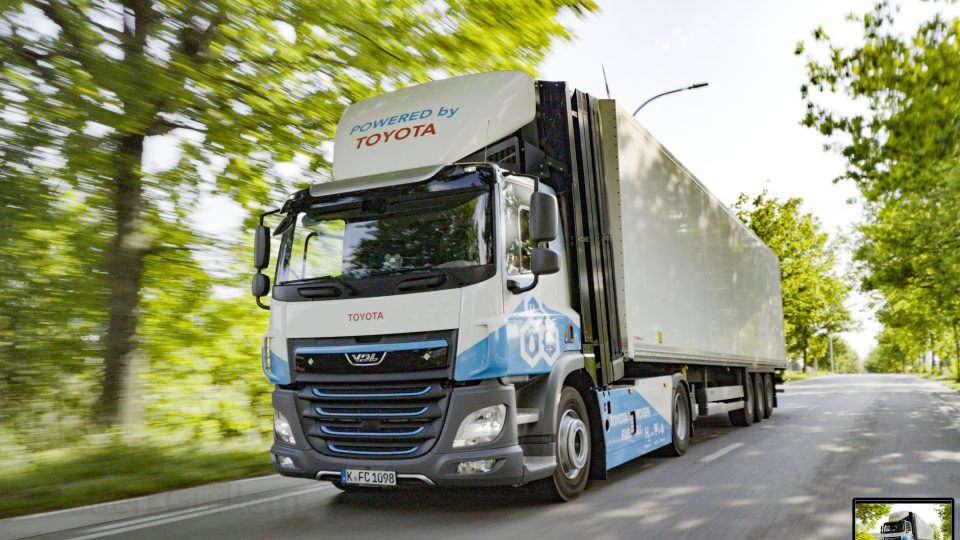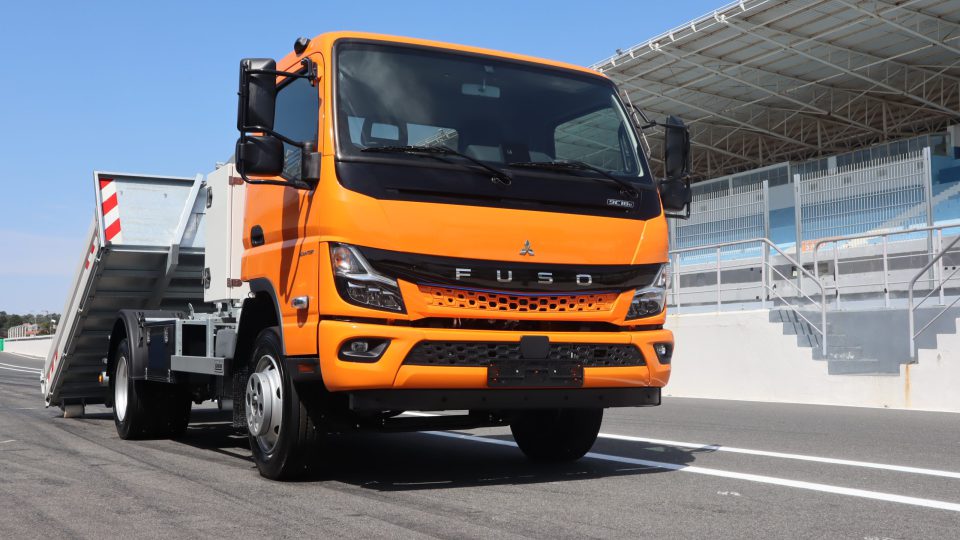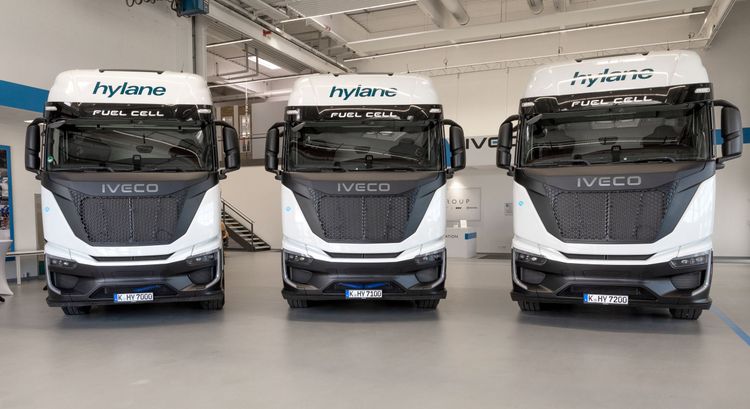Mercedes-Benz GenH2 fuel cell truck obtains license for road use
Customer trials are foreseen by 2023, while serial production is expected to start by 2027. Daimler Truck has the ambition to offer only new vehicles that are carbon-neutral in driving operation ('tank-to-wheel') in Europe, Japan and North America by 2039.
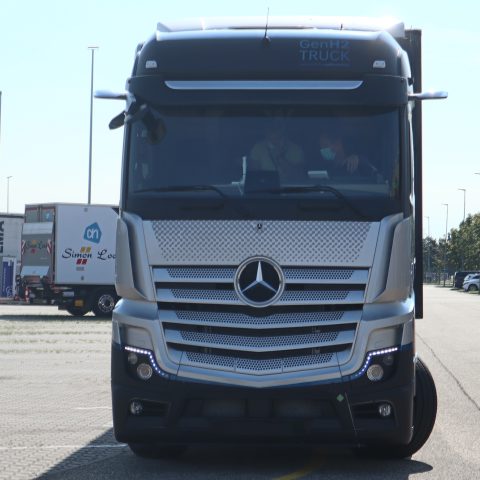
Daimler Truck’s hydrogen-based fuel-cell truck, namely the Mercedes-Benz GenH2 Truck, has received license for road use. This is another cornerstone in the roadmap to mass production of Mercedes-Benz fuel cell truck, quite an important stage within Daimler’s strategy in view of electrification, as stated during the ‘Shaping the Now and Next’ event held last month in Germany.
Mercedes-Benz GenH2 fuel cell truck
Indeed, in Wörth the group’s top management unveiled a roadmap for the GenH2 Truck powered by fuel cells. More into details, customer trials are foreseen by 2023, while serial production is expected to start by 2027. Daimler Truck has the ambition to offer only new vehicles that are carbon-neutral in driving operation (‘tank-to-wheel’) in Europe, Japan and North America by 2039. In the Wörth site tests are currently on-the-go, either on test rigs or on road. In this regards, the collaboration with cellcentric for fuel cell supply is crucial for understanding the technology and its potential for long-haul trucks.
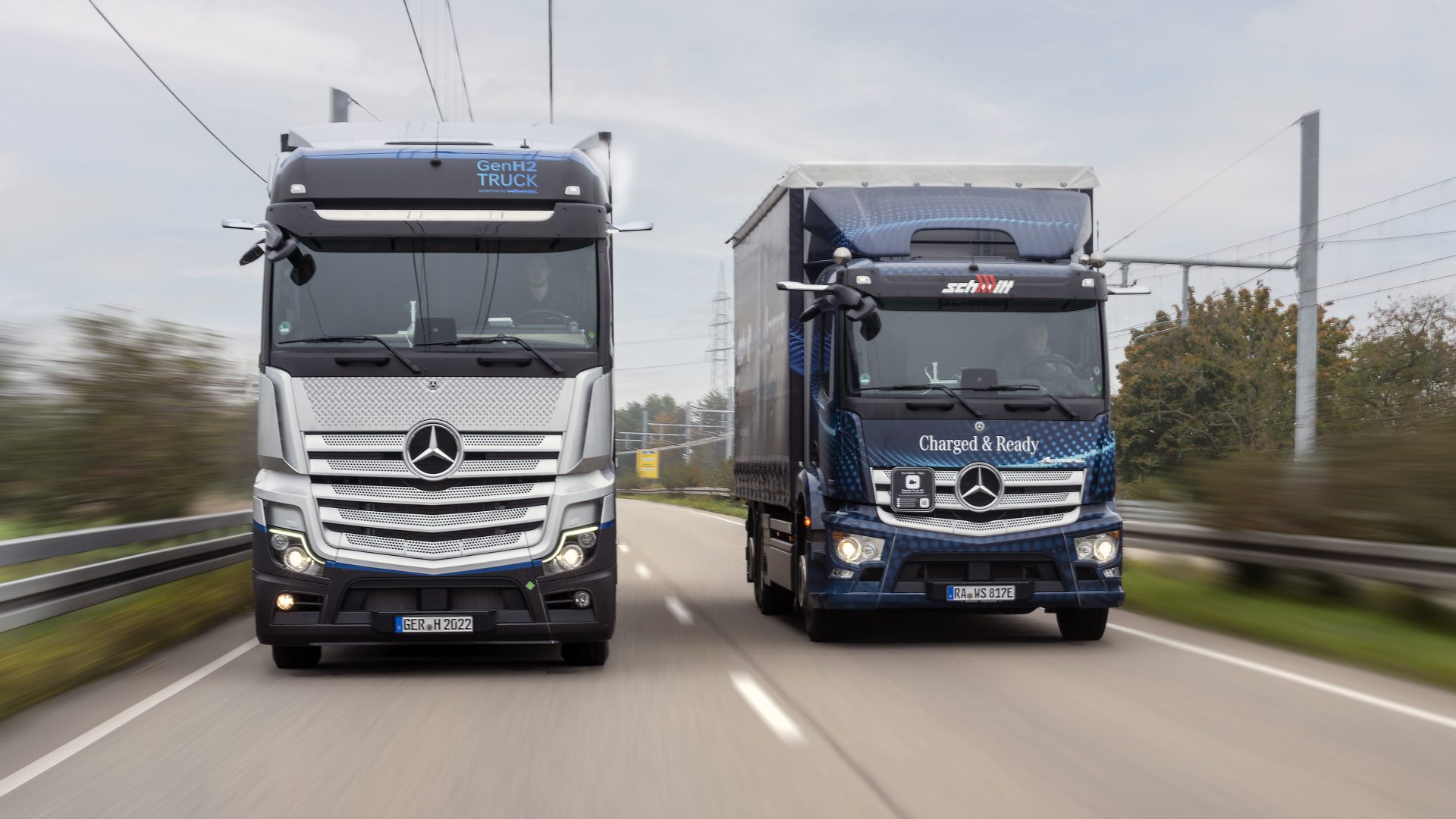
The eWayBW project
Now, in addition to tests carried out since last year on the company’s track, some more tests will involve public roads, such as the B462 road near Rastatt. There, as part of the eWayBW project, freight will be electrified to test catenary trucks in operation. The project will also include comparative tests of the purely battery-electric Mercedes-Benz eActros with the catenary trucks and fuel-cell trucks from other manufacturers.
Nevertheless, Daimler Truck has no plans for catenary trucks. Since July 2019, the purely battery-electric Mercedes-Benz eActros has proven its worth in extensive field-testing in the region around Rastatt at the company Logistik Schmitt.










